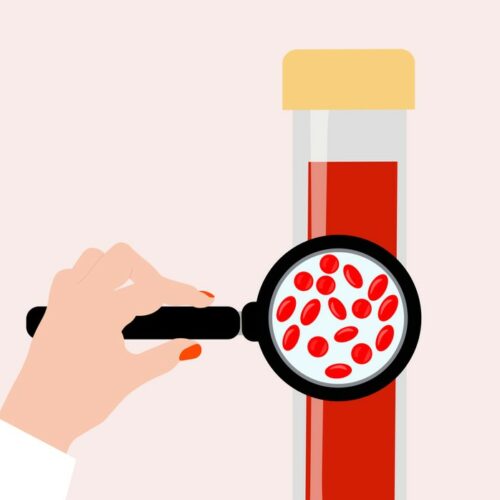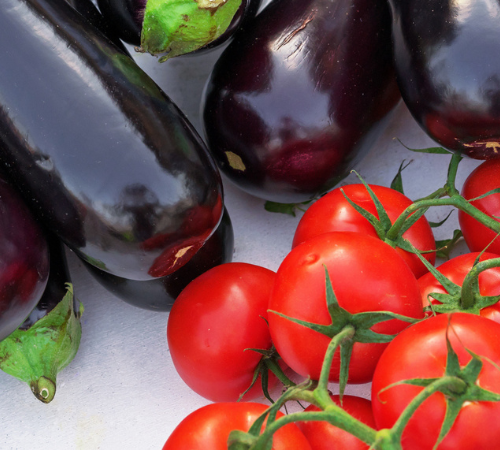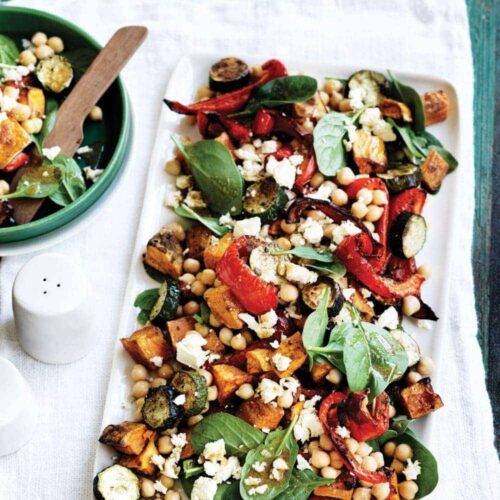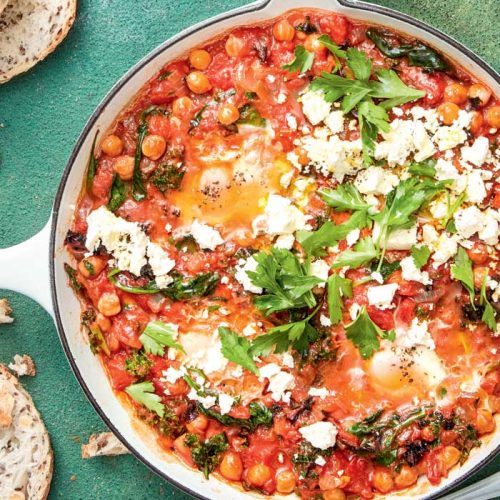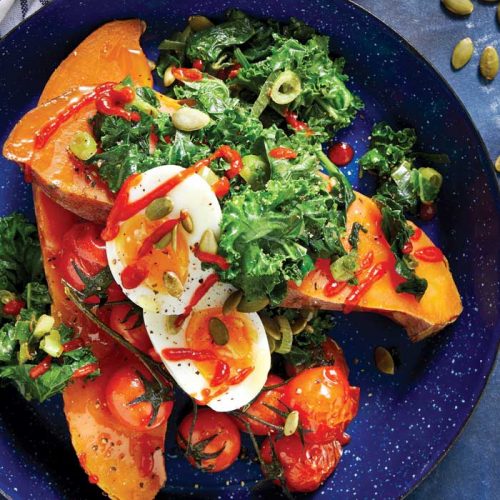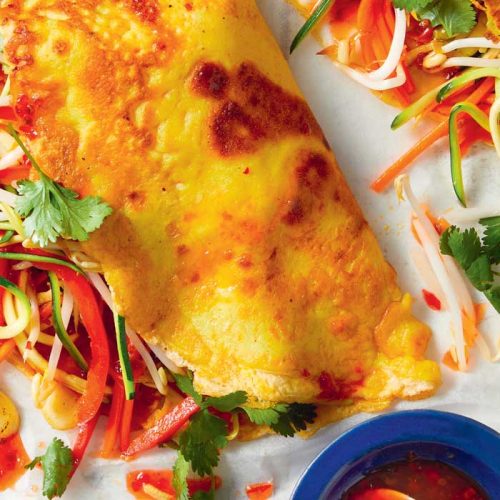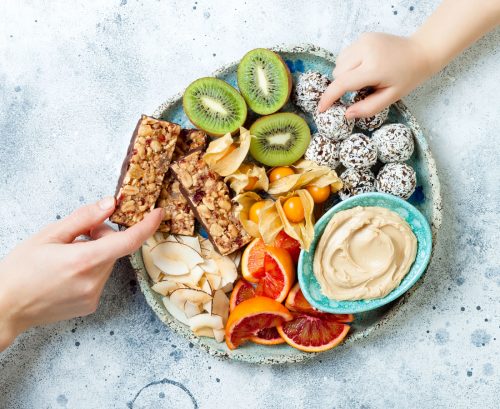
Healthy Food Guide founding editor Niki Bezzant looks at the effect snacking has on your appetite for main meals.
Q: Does snacking physiologically alter your appetite or is it more of a psychological effect? I am trying to reduce my dinner portions, and currently do not snack during the day, so my question is related to trying to achieve this goal.
A: It’s fair to say that snacking can be divided into two categories: hungry and non-hungry snacking. We sometimes eat to satisfy hunger between meals. Other times we’re driven by more of a psychological desire: we have a craving for something to eat because we’re bored or sad or just feel like a sweet, savoury or crunchy thing, or we’re tempted by foods and drinks we see around us. And while neither of these is bad, in itself, non-hungry snacking is the one we have more control over, and have the power to change to our benefit.
In terms of appetite, the evidence of snacking’s effect is a bit mixed.
While it might make sense that if we eat something between meals, we’d be less hungry – and eat less – at mealtimes, this has been contradicted in some studies. A 2011 review found that despite snacking, subjects didn’t usually compensate for the calories of the snacks by eating less at mealtimes, meaning they ate more calories overall.
Another study of eight men who were given three snacks a day found this didn’t change their feelings of hunger or satiety compared to days when they didn’t snack; the snacks had no impact on their appetites.
It could be, though, that what we snack on might make quite a difference, and have a useful effect. There’s evidence that snacks that are higher in fibre and protein do make us feel fuller, and can lower the hunger hormone (ghrelin) and boost the fullness hormone (GLP-1). Another study found men who ate a midmorning high-fibre, high-protein snack bar ate significantly fewer calories, overall, when they did this.
This raises a point nutritionists often stress about everything we eat: quality matters. A snack is either an opportunity for energy-dense, nutrient-poor eating – and no healthy benefit – or it’s an opportunity to get some nutrient-dense, health-boosting food in. It’s the latter we need to try to focus on for anything we eat in between meals. That means aiming for whole foods, rather than processed, and snacks that contain protein and fibre, if we can. Fruits and vegetables are a good start, especially when combined with protein. Try apple slices with peanut butter; strawberries and yoghurt; carrots and hummus. These kinds of snacks boost the overall nutrition of your day and might make it easier to serve up a little less when it comes to main meals.
Article sources and references
- Johnstone AM, Shannon E, Whybrow S, Reid CA, Stubbs RJ. Altering the temporal distribution of energy intake with isoenergetically dense foods given as snacks does not affect total daily energy intake in normal-weight men. Br J Nutr. 2000 Jan;83(1):7-14. PMID: 10703459.https://pubmed.ncbi.nlm.nih.gov/10703459/
- Chapelot D. The role of snacking in energy balance: a biobehavioral approach. J Nutr. 2011 Jan;141(1):158-62. doi: 10.3945/jn.109.114330. Epub 2010 Dec 1. PMID: 21123465.https://pubmed.ncbi.nlm.nih.gov/21123465/
- Astbury NM, Taylor MA, French SJ, Macdonald IA. Snacks containing whey protein and polydextrose induce a sustained reduction in daily energy intake over 2 wk under free-living conditions. Am J Clin Nutr. 2014 May;99(5):1131-40. doi: 10.3945/ajcn.113.075978. Epub 2014 Mar 26. Erratum in: Am J Clin Nutr. 2014 Nov;100(5):1405. PMID: 24670946.https://pubmed.ncbi.nlm.nih.gov/24670946/
- Madzima TA, Panton LB, Fretti SK, Kinsey AW, Ormsbee MJ. Night-time consumption of protein or carbohydrate results in increased morning resting energy expenditure in active college-aged men. Br J Nutr. 2014 Jan 14;111(1):71-7. doi: 10.1017/S000711451300192X. Epub 2013 Jun 17. PMID: 23768612.https://pubmed.ncbi.nlm.nih.gov/23768612/
- Hursel R, van der Zee L, Westerterp-Plantenga MS. Effects of a breakfast yoghurt, with additional total whey protein or caseinomacropeptide-depleted alpha-lactalbumin-enriched whey protein, on diet-induced thermogenesis and appetite suppression. Br J Nutr. 2010 Mar;103(5):775-80. doi: 10.1017/S0007114509992352. Epub 2009 Oct 29. PMID: 19874634.https://pubmed.ncbi.nlm.nih.gov/19874634/
www.healthyfood.com


